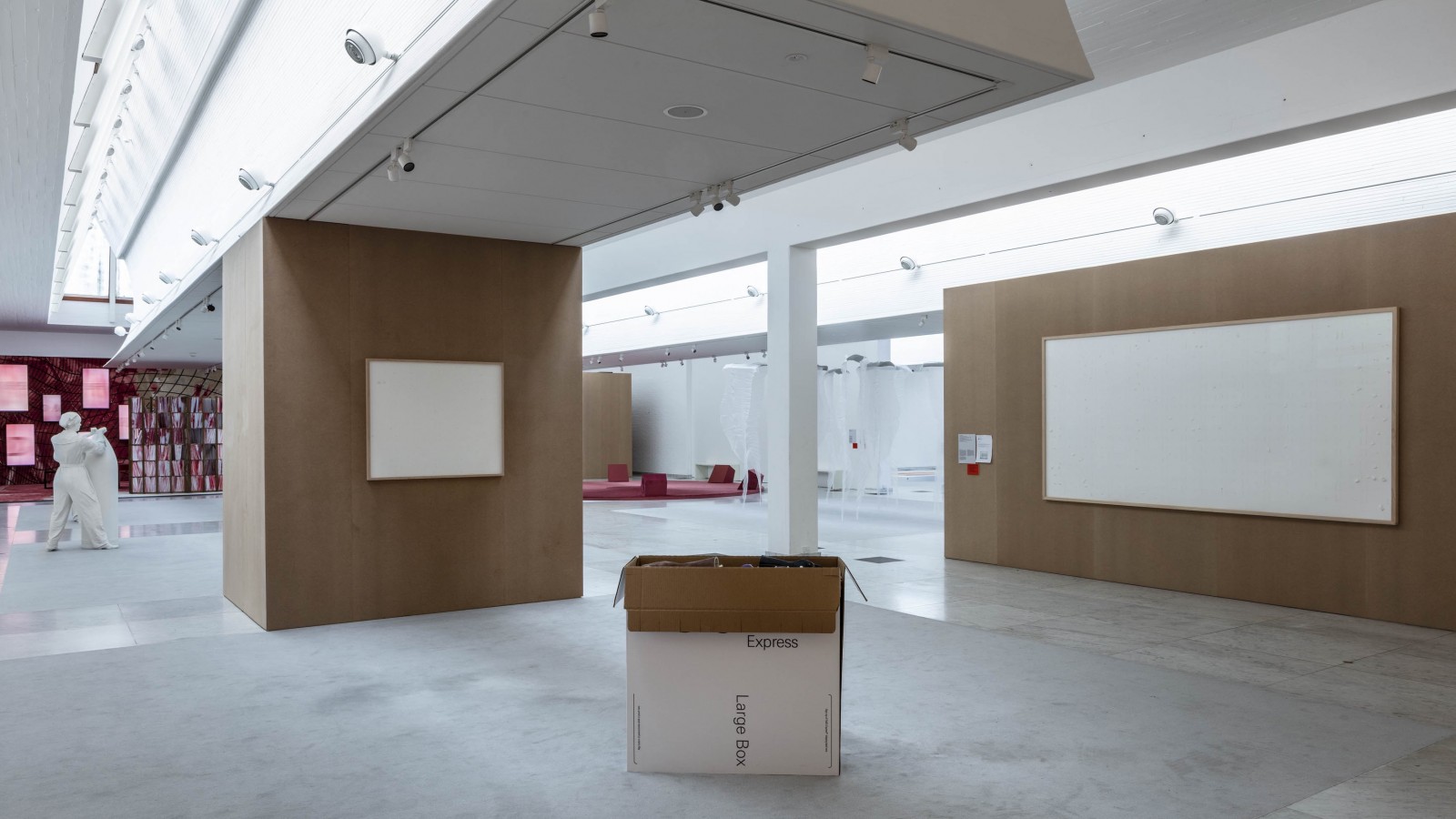Not only are viruses unwelcome home guests, they’re also impolite, lacking the courtesy to arrive during your local GP’s opening hours.
So who are you’re going to call when you feel like you’re at death’s door on Friday afternoon with another 65 hours to wait until your doctor can see you.
There are options, but they’re invariably tricky for internationals. Turning up at hospital is no longer advised, unless it’s a certifiable life or death emergency (and even then you might get turned away!), while the helplines aren’t exactly geared towards non-Danish customers.
Convenient consultations
Fortunately help is at hand from Private Doctor, which in collaboration with the relocation company Welcome Group Consulting (WGC), is offering a service tailor-made for busy internationals who want convenient medical advice just a phone call away.
To WGC customers, the all-year service provides English-language consultations via its Private Doctor Medical Line (Mon-Sun 07:00-24:00), with direct telephone access to a specialist if necessary.
The service will enable you to be treated at your home or workplace within 90 minutes of making a call – if your condition is judged to be acute.
And Private Doctor also offers services that some GPs are reluctant to provide in a bid to cut costs. For example, it could perform blood sampling with results ready on the same day, as well as microbiological analyses.
Putting the patient first
“From the very start, Private Doctor has offered patients the opportunity to receive high-quality medical attention in the comfort of the workplace, at home, in the summer house or in a hotel – and at a time that fits the patient,” explained Tue Christoffersen, one of two doctors to co-found Private Doctor in 2007.
For WGC, it was an obvious fit, as internationals often struggle in the healthcare arena.
“We pride ourselves at Welcome Group Consulting in continually sourcing services that meet the wishes of the international community,” contended WGC founder Karey-Anne Duevang.
“As we are in the flu season and viruses galore, the need for support from the healthcare system in Denmark is even greater and is made especially hard, if you are not familiar with the Danish healthcare system. We therefore contacted Private Doctor to chat with them about what they offer and how it may help the international community in Denmark.”












